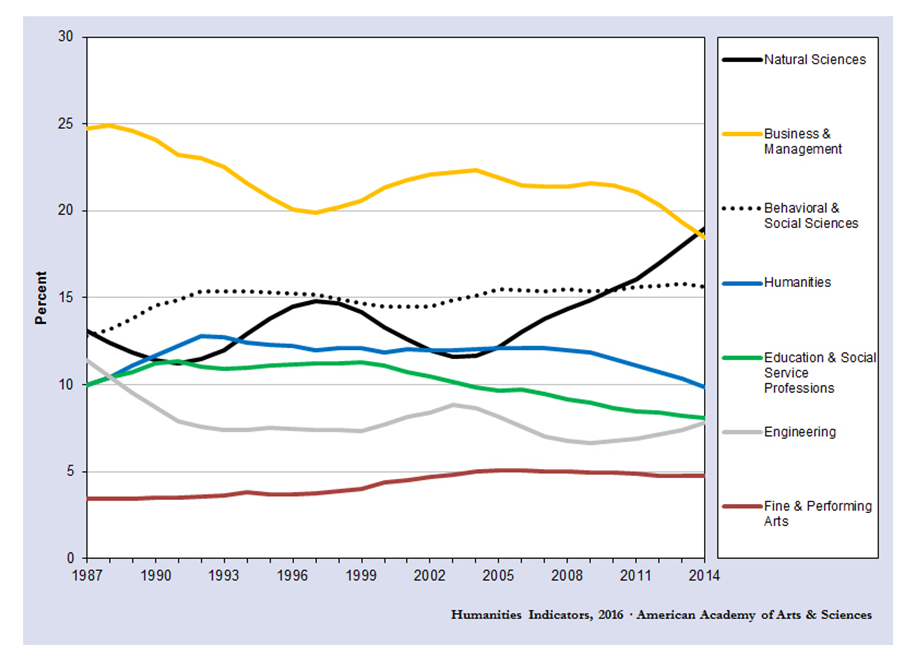- Joined
- Jul 31, 2018
- Messages
- 241
- Reaction score
- 0
If it got to the point where a significant portion of the workforce was no longer needed they would just have to start universal basic income.
As someone who works in and has a degree in Finance, if workers are less loyal these days it's because companies aren't loyal to workers anymore.As an employer with a mostly millennial staff I can tell you we see a massive disparity in that group even in similar age ranges.
Millennials have arguably the fastest path to the Management ranks of any prior work group. Employers know and are being told constantly that Millennials need more coddling and re-enforcement and when you get a good one you must not wait and you must show them a clear and quick path to growth and Management or they will leave to another employer. Unlike prior generations where you were told to keep your head down and shut up for at least the first 5-10 years this group is very vocal about needing to understand and know where their career is going? Are they valued?, etc.
So when you have a good working Millennial you try to keep them and you advance them and they make good money much quicker and they can save lots. But the vast majority of Millennials (again in our experience) have an IDGAF attitude about almost everything. They don't want to think long term. They don't want to commit or work hard. It is just a job and a temporary one at that. They quit and jump job to job because they are not looking to save to buy a house and may not even have a car expense. So they don't need to stick it out and make it work. But they also save nothing. Money is all spent on fancy latte's and Avocado toast.
So yes I can definitely see why there would be a huge a disparity in the savings of Millennials as a group as opposed to groups prior. Groups prior all had more of a agreed to blue print. You started your career and you worked hard with our head down and saved towards a home. You had that pretty clear goal, that many Millennials do not.
Decades ago companies used to have some loyalty towards their employees, now for the most part companies treat their workers as numbers on a balance sheet. So it's not surprising that workers have responded by showing little loyalty in return.




